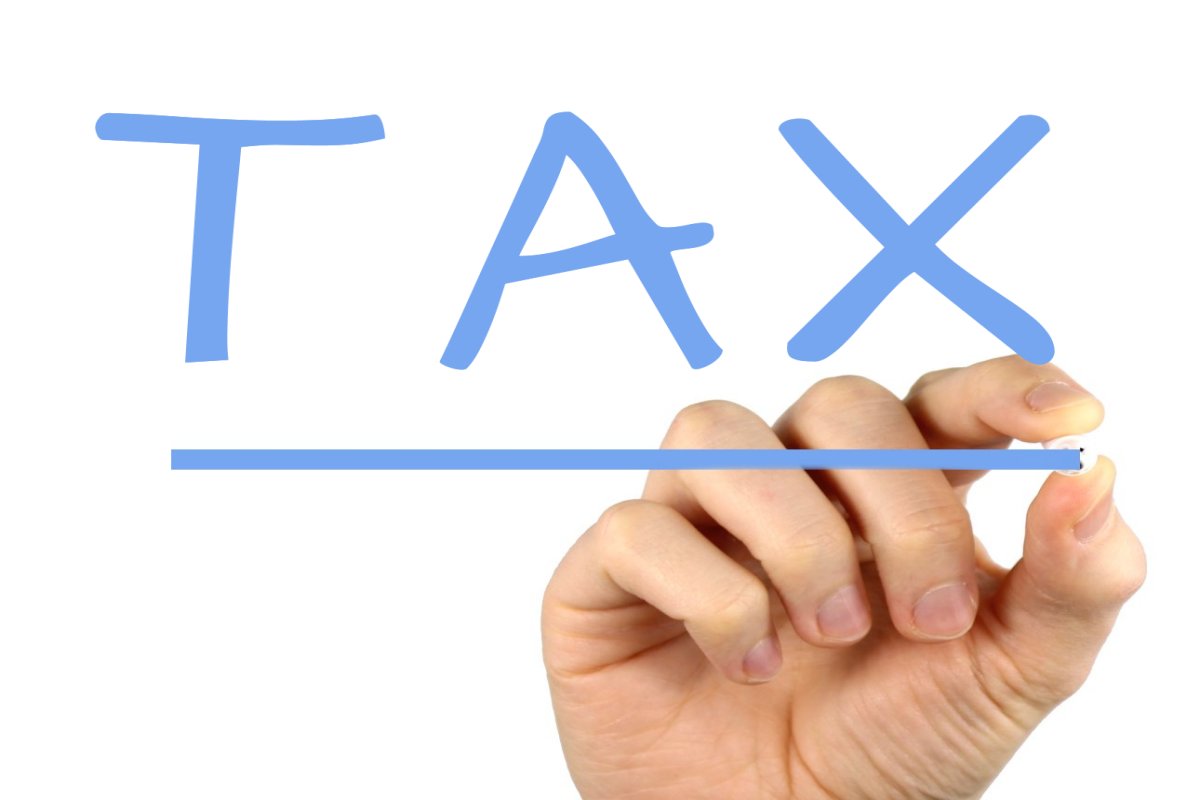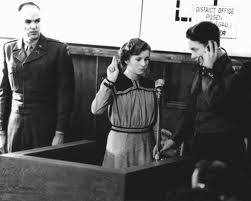Great Trials: Taxes vs. Fees

In a recent decision of the Superior Court in Essex County Massachusetts, Eno Martin Donahue LLP of Lowell Massachusetts lawyers were successful after trial when the court ruled that the Lynnfield Water District’s System Development Charge (SDC) was not a tax but a legitimate fee. The plaintiff has appealed the ruling.
Excerpts from briefs filed with the court:
The System Development Charge is a fee and not a tax as it meets the 3 prong test set forth in Emerson College v. City of Boston, 391 Mass. 415 (1984). Emerson College v. Boston, 391 Mass. 415 (1984), established a formula for determining whether a fee charged for services provided by a municipal entity is a legal fee or an illegal tax. In the Emerson case, the Court established a three-prong test to make that determination. The text reads as follows:
“…such fees share common traits that distinguish them from taxes: they
are charged in exchange for a particular governmental service that benefits
the party paying the fee in a manner ‘not shared by other members of society
National Cable Television Ass’n v. the United States, 415 U.S. 336, 341 (1974);
they are paid by choice, in that the party paying the fee has the option of not
utilizing the governmental services and thereby avoiding the charge. Vanceburg
- FERC,571 F.2d at 630, 644 n.48 (D.C. cir 1977), cert. denied 439 U.S. 818
(1978), and the charges are collected not to raise revenue, but to compensate the
the governmental entity providing the services for its expenses.” Emerson at 424,
425 (1984).”
The System Development Charge Fee meets the third prong of the Emerson test as there is a reasonable relationship to the costs of a specific services. Bertone v. Department of Pub. Util., 411 Mass. 536, 583 N.E.2d 829 (1992). In Bertone, the court determined that the town of Hull could permissibly assess a hook-up charge from those seeking new or expanded electrical service. Denver Street at 534. As in the current matter, the Town of Hull conducted a study of their electrical system and determined that the current system was sufficient, but that new development and expansions to existing developments could place a strain on the system. A hook-up fee was suggested by the firm conducting the study, to help counter the costs associated with improvements to the system necessitated by the new developments and expansions that would inevitably come in the future. The court found that the hook-up fee was a permissible fee and not a tax, as claimed by the plaintiffs in that case.
In Denver Street, the court distinguished the hook-up fee in Bertone from the sewer connection program fee charged in Berry in the following manner: “…the hook-up charge was “an amount that reasonably relates to the incremental cost of the additional facilities needed to provide them with service…[and] paid ‘for only those improvements to the system…necessitated by the new customers, and hence…will benefit them alone, and the remaining improvements are paid for by rate increases imposed on all customers’”” Denver Street at 534-535, quoting Berry v. Danvers, 34 Mass.App.Ct. at 511, quoting from Bertone, 411 Mass. at 546.
As the System Development Charge is a fee used to provide for future improvements and infrastructure necessitated by new development and expansion to the system and is not a fee charged for repairs to an existing system, there is a reasonable relationship to the costs of specific service, and the System Development Charge is a permissible fee and not a tax as argued by the Plaintiff. 2013





